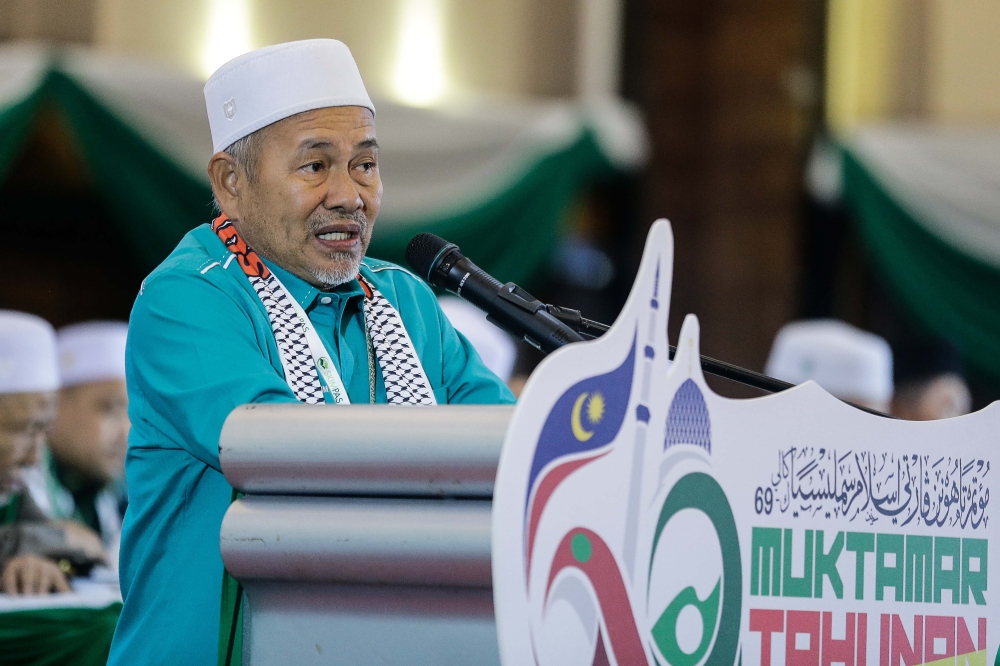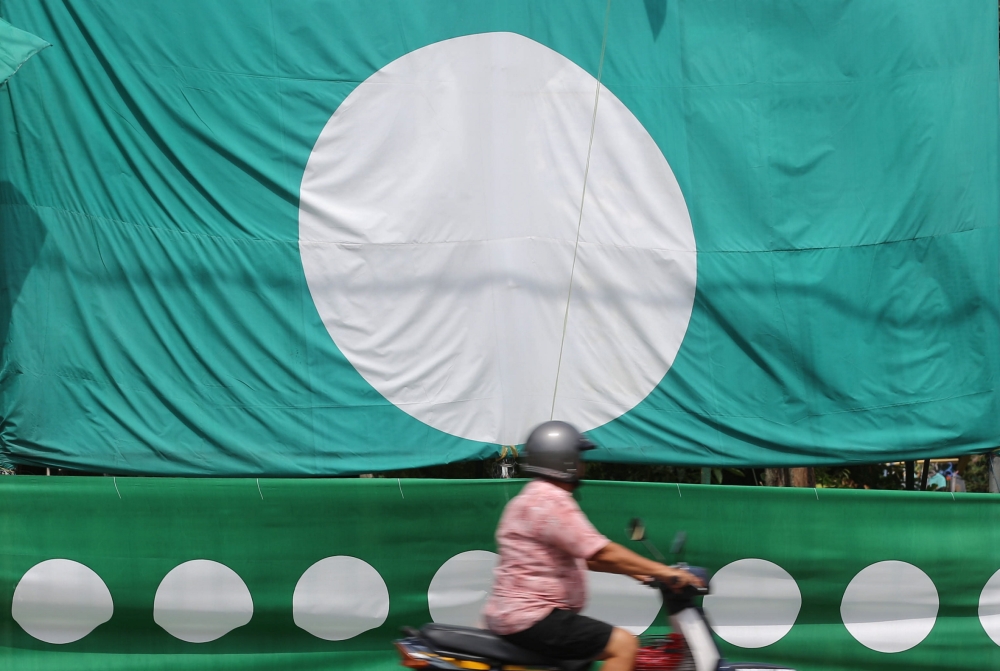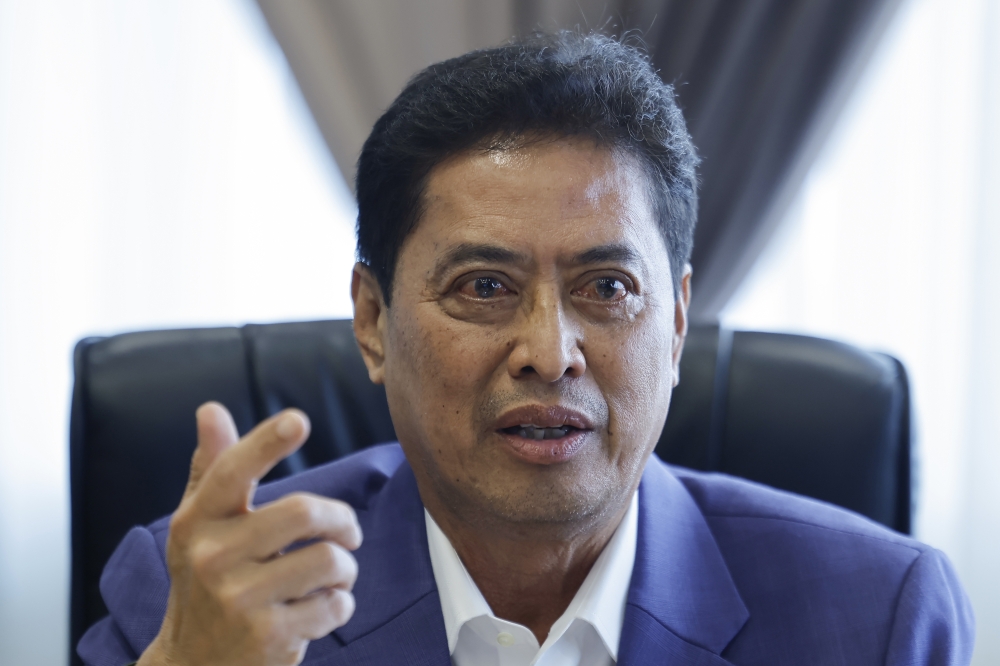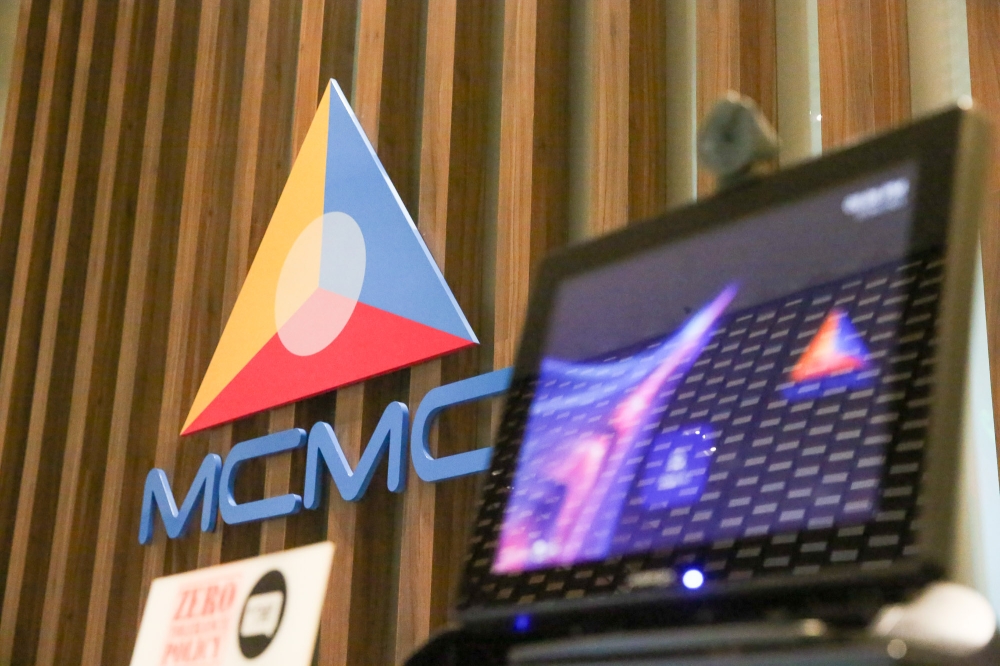KUALA LUMPUR, May 9 — The PAS endorsement of Tun Dr Mahathir Mohamad’s “Malay Proclamation” was primarily to allow both to use communal politics as a platform against the national unity government in state elections soon, said analysts.
Despite the proclamation’s professed aim of unifying the Malay community that purportedly lost power in the 15th general election, the political analysts said the narrative was a trope typically used by politicians when out of favour and forgotten once they were back in power.
University Malaya’s Awang Azman Awang Pawi said PAS was also not above using such tactics, which would explain its sudden willingness to support the initiative of Dr Mahathir, a perennial critic of the Islamist party.
“They use the narrative that Malays are being marginalised to create a stronger sentiment. This has been seen before Perikatan Nasional (PN) came into power. But when they were in power, there was no such congress,” he said.
Necessary alliances
Aside from PAS, PN also included Parti Pribumi Bersatu Malaysia (Bersatu) that Dr Mahathir founded to challenge Umno, but which expelled him following the “Sheraton Move” of 2020 that ended his second stint as prime minister.
Dr Mahathir had remained critical of PAS and Bersatu until the 15th general election last year when he lost his deposit, but Awang Azman said the group appeared to have found justification to cooperate in order to oust the unity government.
“The declaration will be the catalyst for the narrative heading into the state elections, particularly in Malay-majority states of Kelantan, Terenganu and Kedah. Their struggle will be that they are the real pejuang Melayu,” Awang Azman said.
International Islamic University political science associate professor Syaza Shukri said that while it was reasonable to advocate for poor Malays, politicians pushing the “Malay Proclamation” must realise that governing Malaysia was a multicultural endeavour.
Seeing the proclamation as a dangerous development for race relations in Malaysia, she called it a political ploy that was meant to menace the government using ethnic sentiments.
“It’s just about showing some kind of force against the Anwar government that, ‘look we have Malay leaders on our side so we are more ‘legitimate’ in the eyes of the Malays. But in power, these same men understand they have to work with non-Malays,” she said.
Syaza also said that it was in Dr Mahathir’s nature to do whatever it takes to put himself back in power.
“In a way it is a continuation of his supposed fight for the Malays since the 1970s. But to amplify it by working with PAS is definitely a populist move as he sees that PN has grown popular whereas Pejuang/GTA was decimated last year,” she said.
Losing relevance
In GE15, all 125 candidates that contested on Pejuang’s ticket — including Dr Mahathir and his son, Datuk Seri Mukhriz Mahathir — failed to even get enough votes to keep their election deposits.
In the aftermath, Dr Mahathir left Pejuang when Mukhriz tried to bring the party into PN, ostensibly because he would not agree to work with PAS and Bersatu, instead joining Parti Bumiputera Perkasa Malaysia (Putra).
After PN rejected Mukhriz and Pejuang, however, Dr Mahathir began making overtures to PAS, including publicly defending the so-called “green wave” of support for the Islamist party.
According to Universiti Utara Malaysia’s Mohd Azzizudin Mohd Sani, said the cooperation between the two former rivals made political sense: Dr Mahathir needed a foothold to remain politically relevant while PAS and PN wanted resources to contest in the state elections.
Bersatu’s main bank accounts have been seized for the corruption and money-laundering cases against party president Tan Sri Muhyiddin Yassin.
But the analyst predicted that the idea behind the “Malay Proclamation” would only appeal to ultra conservative Malays, and was unlikely to have the desired effect among the masses.
“Even the hardliners are divided now,” said Azizzudin. “The concept of Malay unity is no longer about unity among political parties, which is not genuine.”
He said the aims of the proclamation — such as defending Malay rights, Islam, and royalty — were already part of any mainstream political party including those in the government, making the “Malay Proclamation” redundant.
Stale tactics
While pandering to conservative Malay voters had propelled PN to an unexpectedly strong performance in GE15, Awang Azman said the effectiveness of this tactic was waning.
He also cautioned that racial politics could be extremely damaging to nation-building and integration, with the potential to cause tension, mistrust, and even violence.
“I think people are tired of hearing this now, this bashing. They don’t want to listen to the same narrative. They are aware. So, maybe it may still hold in the strong Malay states but it will be hard to sell to Malays in Selangor and Penang where political literacy is higher,” he said.
Syaza agreed, saying the tactic might still work with PN’s hardcore Malay supporters, but would have difficulty gaining traction with part of the community that were more concerned with the economy than race and religion.
“I know the proclamation also links to the economy but they’re proposing unity as the solution, which is neither here nor there. Malays have strength in number. Do we need to unite under one party? That might lead to authoritarianism.
“What we need is to improve education and access for all Malaysians,” she said.



















